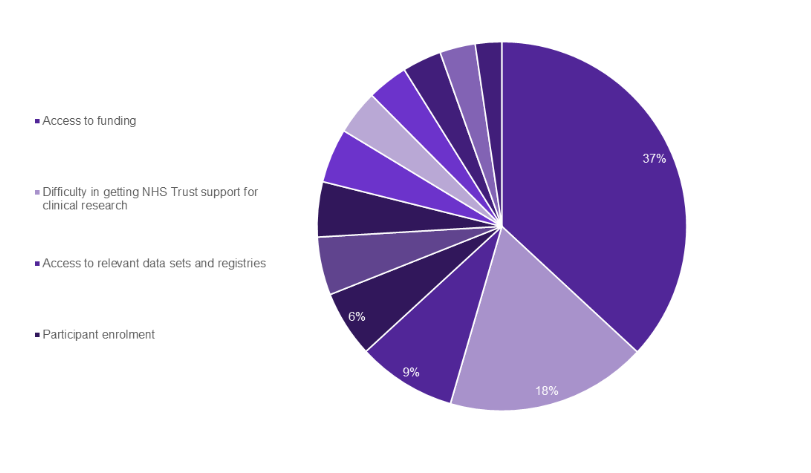Rare and Valuable: Why We Need to Fund Rare Disease Research

Above: From the Government Rare Diseases Framework
I knew precious little about rare disease before I started my PhD at the IGC. I was aware of the existence of rare disorders, and had heard the names of some of the better known ones, like cystic fibrosis and motor neurone disease. And that was about it. I certainly didn’t have any understanding or awareness of the research being done in the field.
Granted, I am certainly no expert. However, I can thankfully say that I know a little more now than I did then. Studying in an Institute where large amounts of research are being done on rare disease, and listening to researchers such as Professor Andrew Jackson and Professor Yanick Crow discuss their work, I have developed an appreciation for the importance of rare disease research. In the spirit of Rare Disease Day, on the 29th of February, I thought I would write a short piece to highlight the need for public funding of rare disease research. Inadequate funding is the single largest challenge clinical academics face in undertaking rare disease research, according to the UK Rare Diseases’ Framework.
The first thing any rare disease researcher will tell you is that, somewhat counterintuitively, rare disease is actually quite common. This is because, when considered individually, each of these diseases is quite rare, occurring in less than 1 in 2,000 people (definitions vary from place to place, but this is the number the UK and EU use), but when considered collectively, these numbers add up. There are over 6,000 rare diseases according to Rare Disease UK, and when these are combined, you get that 1 in 17 people will be affected by rare disease in their lifetime. Thus, collectively, rare disease poses a significant threat to public health. Government has a duty to take this threat seriously, and devote adequate resources to combating it.
But while statistical arguments are good for elucidating the scale of rare disease, they miss the most important element. Each patient involved is much more than a statistic. They are human beings for whom these conditions are not abstract notions, but factors that affect their lives, often in profound ways. How rare or common a patient’s disease is does not affect the validity of their experience. When we fund a public health system, it should be exactly that – public, offering the appropriate level of care to each and every patient. The reality is that the majority of rare diseases are not well understood, and that more research (and thus more funding) is required to achieve our aspiration of a truly democratic and equitable health system.
For more common diseases, there are market incentives for pharmaceutical firms to fund research to develop treatments, as a successful candidate drug can generate substantial profits for the firm. This is typically not the case for rare disease, as by their rarity, the potential “market” is much smaller. As a result, the onus is on government to step up and fund research in the case of rare disease.
Ultimately, this is what awareness events like Rare Disease Day are all about – informing, educating, and inspiring, so that collectively, as a society, we take that step up.



